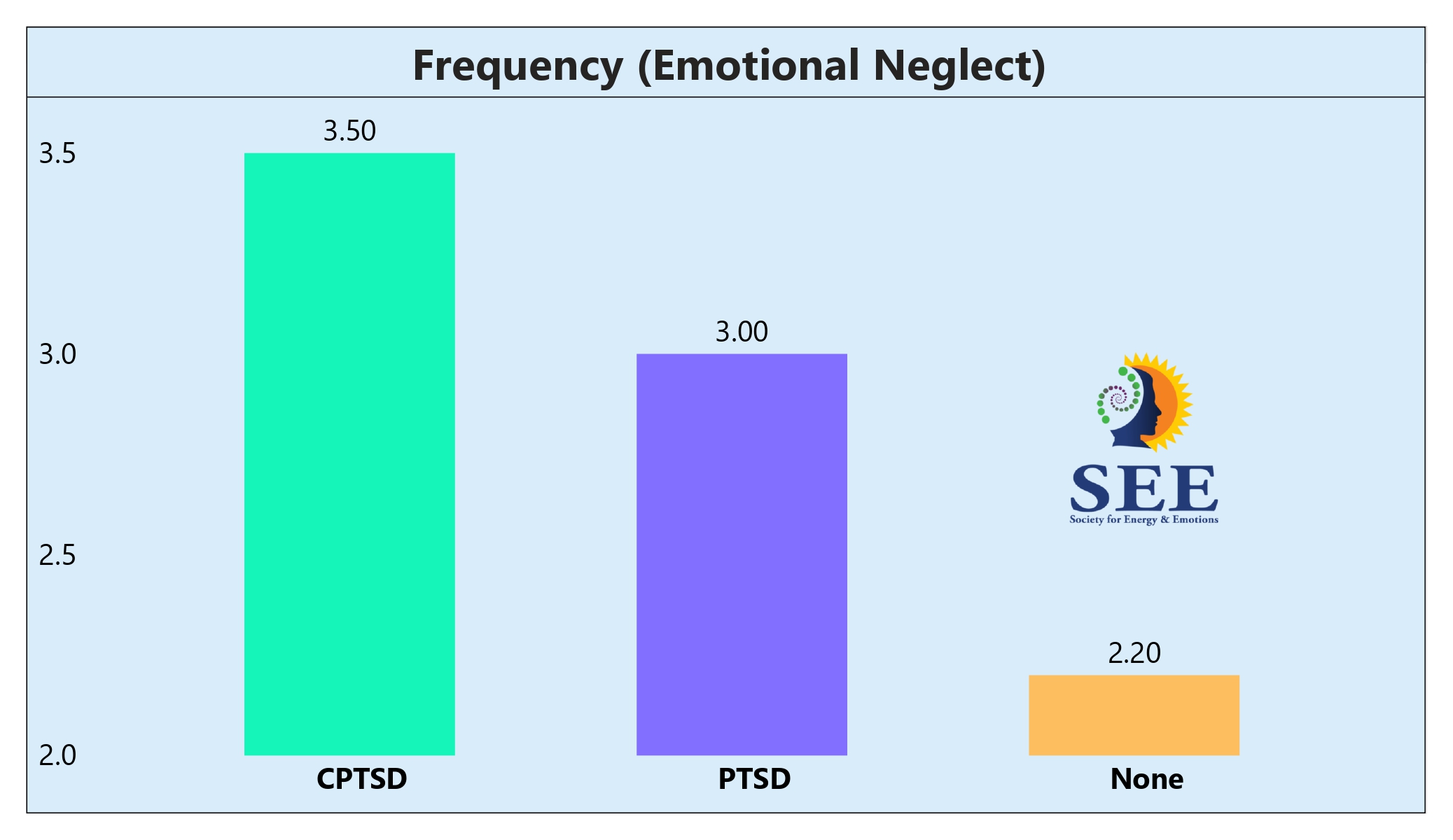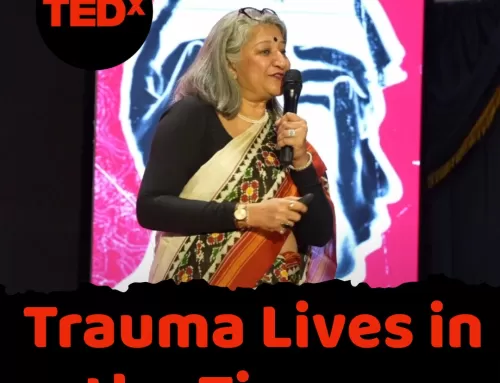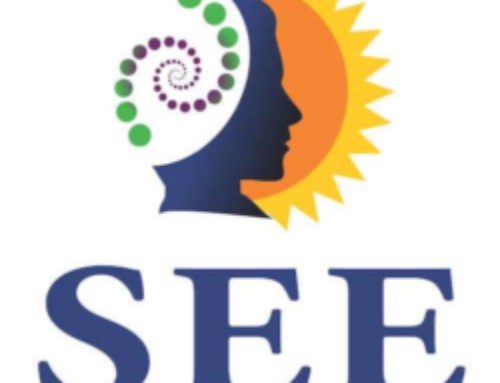Bridging the Gap: Inner Child Integration and Emotional Neglect in Complex PTSD Recovery
To uncover the root causes of trauma, one crucial aspect that often gets overlooked is the role of emotional neglect experienced during childhood. Our ongoing research, focused on individuals assessed for Complex PTSD, has provided valuable insights into the profound impact of emotional neglect and its connection to long-term trauma. This article offers some unique insights from several assessments and personal interviews of adults who present with the symptoms of Complex PTSD (Post Traumatic Stress Disorder)
Assessment:
Worldwide, DSM-V (The Diagnostic and Statistical Manual of Mental Disorders, Fifth Edition) is the standard to assess the presence of mental health issues. Unfortunately, this manual doesn’t distinguish between the long-term impact of trauma caused by (a) single or limited events and (b) repeated events – of very strong intensity on the young child, i.e. developmental trauma. Hence, we use an ICD-11-based assessment called ITQ (International Trauma Questionnaire) to understand if the individual has symptoms of Complex PTSD (separate from PTSD). We also assess childhood trauma using 16 questions and highlight the frequency of occurrence of several interpersonal traumas (emotional abuse, emotional neglect, physical abuse, and sexual abuse). (Frequency scale: 0=Never, 1= rarely, 2=Sometimes, 3=Frequently, 4=Very frequently)
Insights:
To our surprise, we learnt that individuals (adults) who had C-PTSD symptoms also indicated that they felt emotionally neglected (frequency of emotional neglect was 3.5, which indicated frequent to very frequent feelings of emotional neglect). For individuals who did not have any C-PTSD symptoms, the frequency of emotional neglect was “sometimes”. For PTSD, the data indicated “frequent” emotional neglect. It is worth noting that those with no PTSD also came to us for some help, and hence, they may indicate higher than population average exposure to emotional neglect.
What’s unique about the findings?
What makes these findings particularly significant is not just the understanding of what happened during childhood but also the granularity of specific trauma components. We delve into whether emotional neglect was present or absent and how frequently the individual experienced it during their formative years. Several of our methods help us go into this level of detail (root cause identification, understanding the impact of the root cause on the individual many years later).
- We use 16 questions for childhood trauma (ACE: Adverse Childhood Experiences). This is consistent across our research work over the past decade.
- We also assess the frequency of specific trauma components to understand the potential role of some of the major trauma components.
- Based on the adult’s C-PTSD assessment, we can trace the root cause. We also use an 80/20 rule-based method of Index Trauma to make sure the correlation is robust and backed by evidence. Check our research here: https://wellness-space.net/publication-ptsd-childhood-trauma/
- Finally, the insights are leveraged by applying our Release Reframe Toolkit (includes Inner Child Integration or Healing the Inner Child, Reconsolidation of Traumatic Memories: RTM) to ensure that the outcome (C-PTSD assessment after several sessions) confirms that the impact of trauma is eliminated!
Two key approaches emerge from our research as potent tools in addressing childhood trauma and its lingering effects:
- Healing the Child Within (Inner Child Integration Therapy): This approach focuses on inner child integration, acknowledging and healing the wounded inner child. By nurturing and validating the inner child’s experiences, individuals can work towards resolving past traumas and fostering inner resilience.
- Reconsolidation of Traumatic Memories (RTM): RTM is a powerful therapeutic technique aimed at modifying and updating traumatic memories. By engaging in targeted reprocessing of traumatic experiences, individuals can experience profound shifts in their perception and emotional responses, paving the way for healing and growth.
Our work underscores the importance of acknowledging and addressing emotional neglect as a significant component of childhood trauma. Through continued research and compassionate therapeutic approaches, we strive to create a brighter, more resilient future for those impacted by complex PTSD and related traumas. Both these techniques (Inner Child Integration Therapy) and RTM are part of our 6 modules of the Integrated Regression Therapy & Life Coaching Certification training. Inner Child Integration and Emotional Neglect in Complex PTSD Recovery.
Note: Childhood emotional neglect is also a significant risk factor for adult’s self-harming or suicide behavior.
Watch this video to here about this research:







Leave A Comment